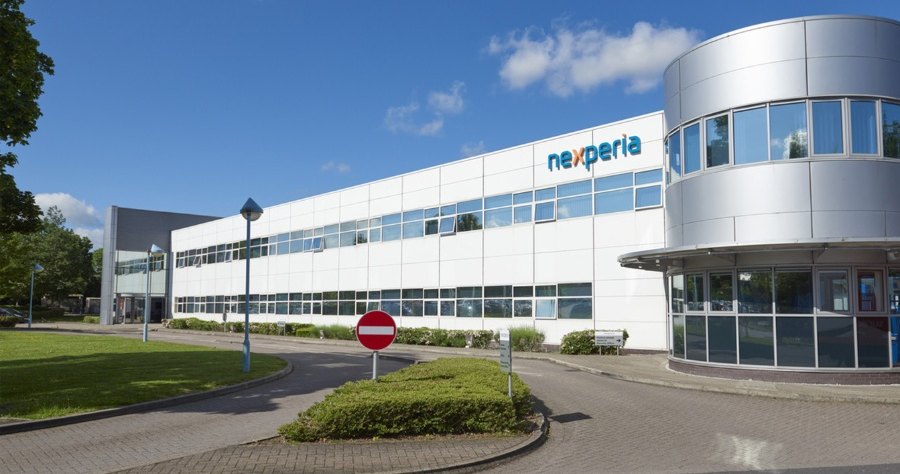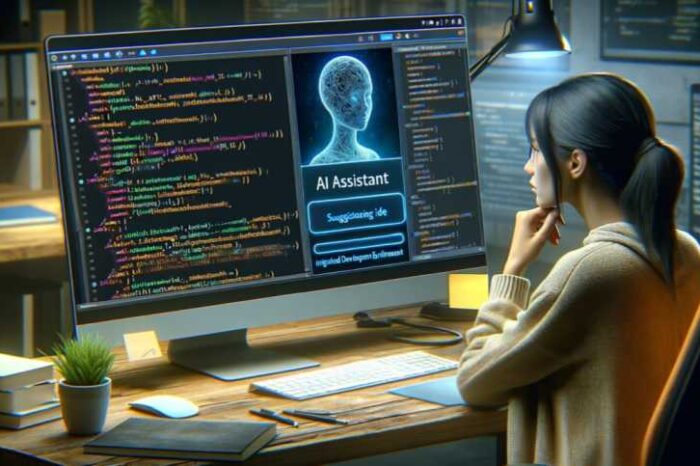Nexperia resumes chip shipments as Dutch government moves to end control, signaling a possible thaw in chip war with China

Semiconductor maker Nexperia has resumed shipments of its vital chips, signaling the first tangible sign of relief in a dispute that has strained relations between China and the Netherlands and rattled Europe’s auto industry. Auto executives confirmed the development on Friday, with German officials welcoming what they called early signs of de-escalation after weeks of supply disruptions.
The breakthrough comes less than a month after the Dutch government seized control of the Chinese-owned chipmaker, citing a threat to Europe’s tech security. On October 13, The Hague invoked emergency powers to block or alter major corporate decisions at Nexperia for one year — one of the most assertive national security interventions ever in Europe’s semiconductor sector.
But the decision quickly sparked backlash across the continent. Automakers, including Volkswagen, warned of production risks and halted assembly lines as supplies of Nexperia’s chips — small, inexpensive components used in nearly every modern vehicle — began to dry up.
Now the Dutch government appears ready to reverse course. According to Bloomberg News, officials are preparing to lift their control over Nexperia if China’s chip exports continue and are verified in the coming days. The move could ease months of diplomatic tension between Amsterdam and Beijing, reopening a critical supply channel for Europe’s manufacturing sector.
“China is allowing Dutch chipmaker Nexperia to export again from its operations in the country, setting the stage for the Netherlands to back down and suspend its powers over the Chinese-owned company. Signaling a breakthrough in a conflict that threatened to disrupt automotive production around the world, the Dutch government is ready to shelve the measure that gave it the authority to change key corporate decisions, Bloomberg reported, citing people familiar with the matter.
Economy minister Vincent Karremans hinted at a possible shift on Thursday, saying he expects Nexperia’s chips to soon reach customers across Europe and beyond. “We will support these developments, and will take the appropriate steps on our part where necessary,” Karremans said. A ministry spokesperson declined to confirm whether those steps include formally ending the intervention.
Reuters also confirmed that Nexperia has resumed partial shipments of its vital chips on Friday, signaling early signs of relief in a dispute that has disrupted Europe’s car industry. German officials also welcomed what they described as the first signs of de-escalation in the fight for control of the Chinese-owned company.
“Semiconductor maker Nexperia has resumed some shipments of its vital chips, auto executives said on Friday, with Germany welcoming signs of de-escalation in a fight for control of the company that has rattled the car industry,” Reuters reported.
The dispute over Nexperia has already caused ripple effects across Europe’s industrial base. The company produces billions of simple but indispensable semiconductors used in vehicles, smartphones, and consumer electronics. Any disruption in its output can quickly cascade through supply chains.
For the Netherlands, this episode has underscored the delicate balance between national security and economic dependence on China. The country is home to ASML, the world’s leading supplier of chipmaking equipment, which has faced increasing pressure from Washington to curb exports of advanced lithography machines to Chinese customers.
When TechStartups.com first reported on Nexperia’s 2023 acquisition of Delft-based startup Nowi, the deal seemed like a routine consolidation in Europe’s semiconductor ecosystem. A year later, that same acquisition sits at the heart of a geopolitical standoff testing how far Europe is willing to go to protect its technological sovereignty without undermining its industrial competitiveness.
Whether this marks a lasting de-escalation or just a temporary pause remains uncertain. But as shipments restart and The Hague signals willingness to step back, one thing is clear: the Nexperia case has become a symbol of how politics and production are increasingly intertwined in the global chip war.
Source: Bloomberg News, Reuters




